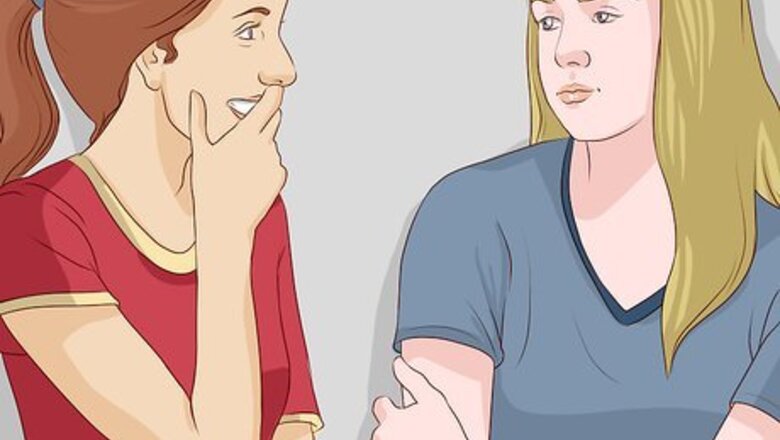
views
Watching for Red Flags
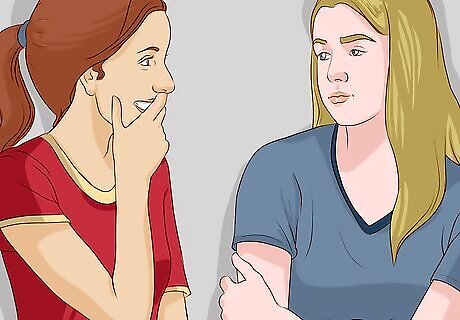
Watch for signs they’re trying to change you. Since friends should accept you as you are, it’s always a red flag if someone is trying to mold you into someone you’re not. You aren’t someone’s project, so don’t let them turn you into one. If you recognize the following signs your friends are trying to change you, take a break from the relationship and look for new friends: They try to get you to dress like they do. They make fun of your interests. They compare you to other people. They make you do things you don't like. They try to make decisions for you. They hide or throw away your things. They make you feel insecure.
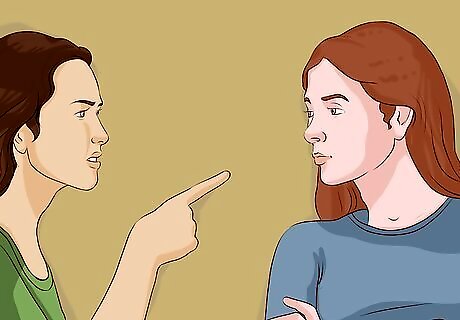
Notice if they criticize you instead of offering support. While it’s okay for friends to offer constructive criticism to help each other do better, it’s not okay for them to constantly criticize you. Pay attention to how your friends talk to you. Make sure they’re offering you support instead of dragging you down. For instance, let’s say you made a mistake in a presentation and feel embarrassed about it. A good friend will say something like, “You did great overall,” or “You’ll do better next time.” A toxic friend might say something like, “You should have practiced more,” or “Yeah, you were terrible.”

Recognize if you're putting in all the effort. A good friend will prioritize you, so they’ll put a lot of effort into spending time with you. Consider if it feels like you’re always the one texting them, you make all the plans, and you have to pursue them to get them to hang out with you. If you’re doing all the work, it might be time to find new friends. For instance, there should be a balance between you texting them to start a conversation and them texting you. Similarly, they should invite you to do things sometimes instead of you always reaching out to them.

Pay attention to if they always seem jealous of you. Friends want the best for each other, so your friends should celebrate your successes. However, toxic friends will get jealous and competitive. Consider how your friends react when things are going well for you. As an example, let’s say you have a great new partner. Your friends should be happy for you instead of jealous that they don’t have what you have.
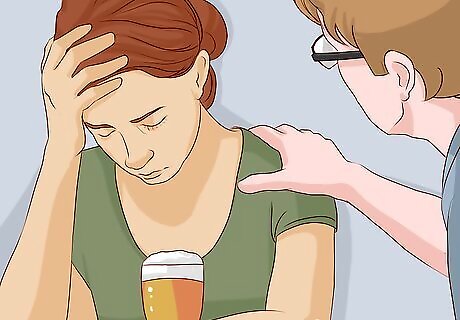
Be cautious if they hold you back from making healthy choices. Friends want the best for each other, so your friends should support your self-improvement goals. That means they won’t try to get you to engage in bad habits that you’re quitting and won’t undermine your goals. Consider if your friends help you improve or hamper your progress. If they’re holding you back, it might be time to find new friends. For example, let’s say you’re trying to eat healthy. If your friends are actively trying to sabotage you, they’re not being good friends. Similarly, if you’re trying to stop drinking, good friends won’t try to get you to go bar hopping with them.
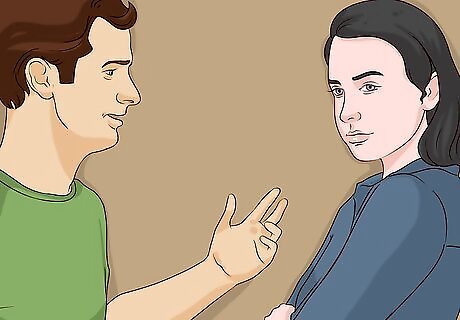
Look for signs that they’re manipulating you. Unfortunately, your friends can sometimes try to control your emotions, which isn’t fair to you. They might try to make you feel bad for them or guilty when you didn’t do anything wrong. This can leave you feeling confused. If your friends make you feel emotionally manipulated, it’s probably best for you to start looking for new friends. As an example, a manipulative friend might say something like, “You don’t care about me anyway,” to make you feel bad for them.
Looking for Signs of a Healthy Friendship
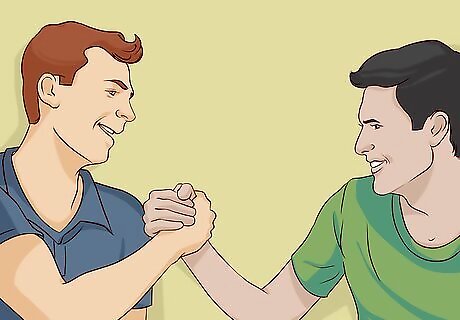
Decide if you can be yourself around them. True friends accept you for who you are. When you're with your friends, you should feel comfortable wearing clothes you like, sharing your opinions, and being honest about your interests. Consider if you feel comfortable around your friends or if you feel pressured to be someone you’re not. For instance, if you find yourself hiding things from your friends or doing things you don't like doing, you might not be able to be yourself with them. You might not always agree with your friends. However, a good friend will accept that you have differences and not make you feel like you can’t express them.Tip: If you feel like you need to walk on eggshells around your friends, it’s a big sign that your friendship is toxic. It might be best for you to focus on making new friends.
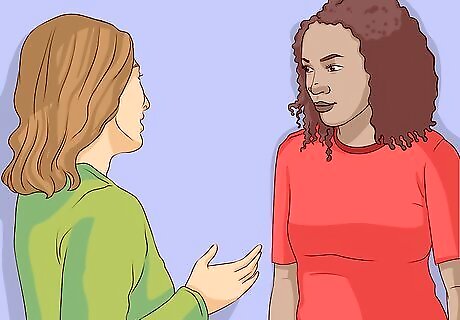
Pay attention to how they treat you. A good friend will treat you with kindness. Consider the way they talk to you, their tone of voice, and whether or not they make you feel good about yourself. Make sure that your friends are treating you well. Otherwise, they might not be a good fit for you. It’s okay for your friend to point out mistakes you made or to disagree with you. However, they shouldn’t be mean about it. For instance, a good friend might say something like, “I’ve noticed that you’ve been making bad grades lately. Is something going on?” They shouldn’t say, “Wow! Your grades are really tanking. Study much?”
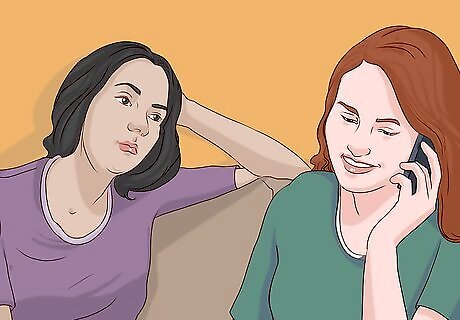
Notice if they actively listen to you. Friends care about your thoughts and feelings, so they’ll really listen to you. When you’re talking, check to see if they’re engaged in the conversation. Make sure they’re nodding along and seem to understand what you said. This is a sign that they truly care about you and are a good friend. When you’re having a conversation, they should be totally focused on you, not their phone or what they want to say. Make sure you’re also listening to them when they’re speaking.
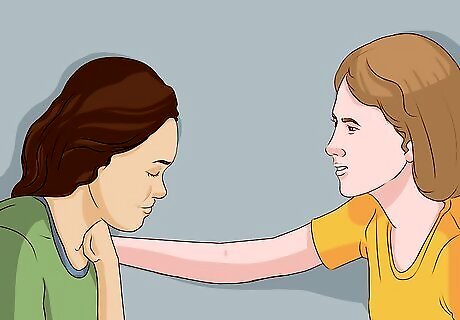
Observe how you feel emotionally after being around them. A good friend will lift you up and make you feel happy, while a toxic friend can leave you feeling drained. After you spend time with your friends, consider how you’re feeling. If you feel happy and excited to see them again, they’re probably good friends. If you feel drained or anxious, they could be a bad match for you. If your friend acts like an energy vampire or draws you into drama, it may be a sign that you should find new friends. Track how you feel after several interactions with your friends to get an overall picture. You may occasionally have good or bad days with them, so consider the pattern of how you feel.
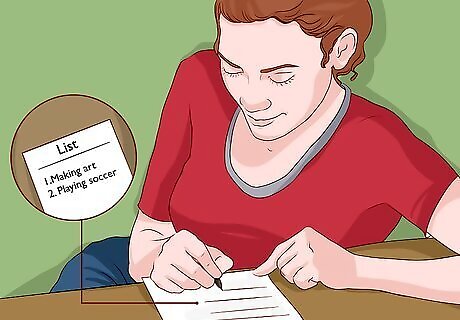
Determine if you have similar goals and values. You probably won’t have everything in common with your friends. However, you should have some overlap in your interests. Make a list of things you have in common with your friends to see if your friendship has a good foundation. For instance, you might both enjoy making art or may both enjoy playing soccer. Similarly, you might share the same drive to help animals or save the environment. It’s normal for people to change as they get older. It’s possible you used to have things in common with your friends but have grown apart from them. If that’s the case, it might be best to find some new friends.
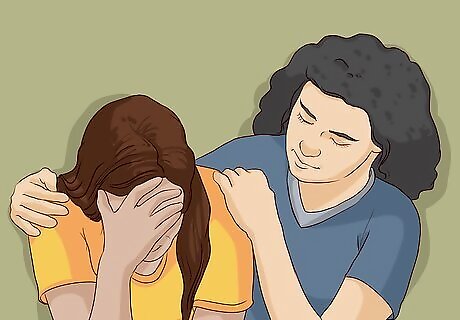
Make sure you can rely on them to be there for you. A good friend will support you and will always follow through on their promises. Notice if your friend ever breaks promises or lets you down. If so, it might be time to start looking for new friends. For instance, a good friend will take the time to comfort you when you’re upset. If they promise to meet you somewhere, you can count on them to show up. If you loan them something, they’ll always return it as promised. Keep in mind that everyone has last minute emergencies, so don’t assume the worst if your friend occasionally disappoints you.
Finding New Friends
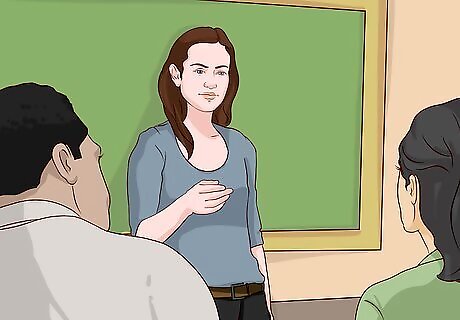
Go places so you can meet new people. The best way to make new friends is to meet a bunch of new people. Attend activities or events in your area that seem fun, or join a club or Meetup that’s focused on an interest of yours. This will help you meet like-minded people who might become good friends. Here are some ways you could meet potential new friends: Take classes. Attend events related to your interests. Take up a new hobby. Volunteer. Join a faith group.
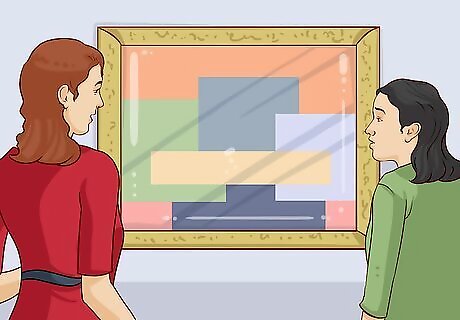
Invite people who seem compatible with you to hang out. When you meet a person that you think might be a good friend, ask them to hang out so you can get to know them better. Choose a casual, low-pressure activity that you think you’ll both enjoy. Extend invitations to different people until you feel like you’ve made some good friends. You might invite them to go bowling, attend an art exhibit, visit a museum, go to an improv show, attend a local concert, or play billiards.Tip: Group hangouts are a low-key way to get to know people without putting too much pressure on yourselves. Consider inviting several people to do a fun activity.
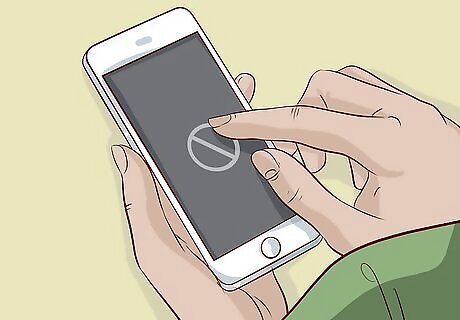
Give your potential friends your full attention while you’re with them. When you’re hanging out with your new friends, stay off your phone and don’t bring up past issues with other friends. Instead, stay focused on the person you’re talking to. This shows them you’re genuinely interested in them and can help you build a friendship faster. Put your phone on silent so you’re less distracted by notifications.
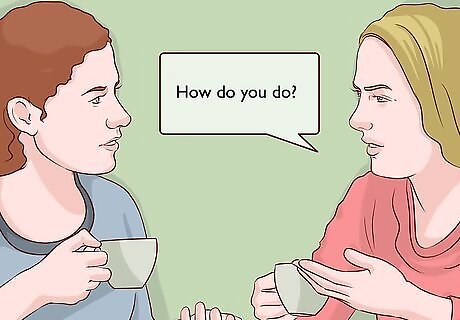
Focus on getting to know the other person. Don’t worry about labeling your friendship or finding common ground at first. Just ask the person questions about themself and really pay attention to the answers. Over time, you’ll naturally find common ground or will realize this friendship isn’t a good match for you. Trying to apply labels too soon in a relationship puts too much pressure on it, and it might scare off your new friend.Tip: Make sure you’re also sharing information about yourself! Your conversations should be a give-and-take so that they get to know you, as well.

Give your friendship time to grow. It’s normal to want to make an instant connection, but that rarely happens. Be patient because it takes time to form a real connection with someone. Keep spending time with your new friends so that you can deepen your bond. There’s no official timetable for a friendship. Sometimes you’re fast friends, while other times the friendship takes a while to develop.




















Comments
0 comment